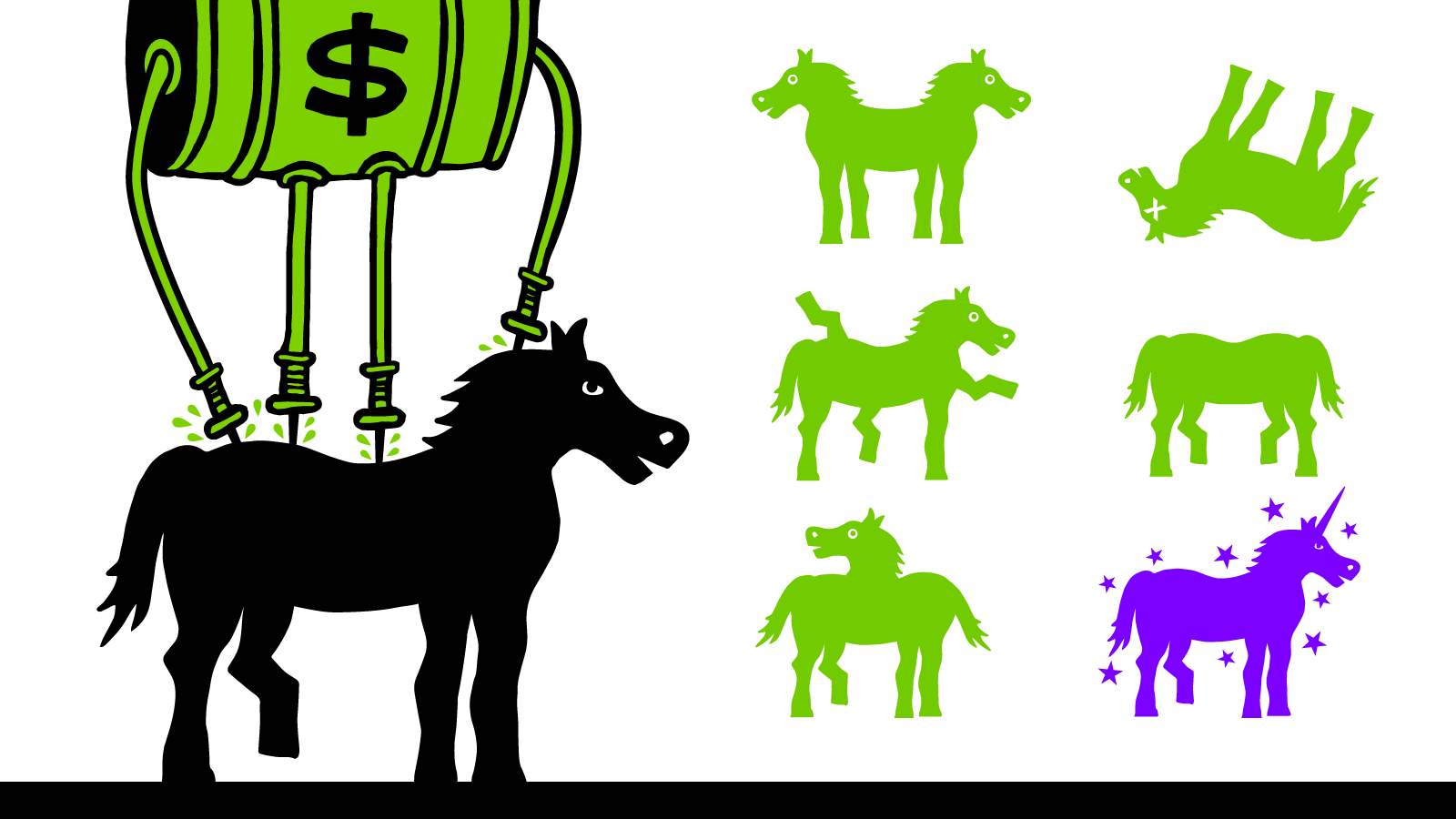Is there anything our society exalts more than The Winner? That fiery someone who crushes all competition to stand alone and victorious at the end. A genetic predisposition, I’m sure.
The paradigm of competition is so ingrained as the basic business narrative that we usually don’t even recognize it, much less question it. Well, of course there are winners and losers! What are you, a fucking communist?!
Actually, no. I’m a capitalist who doesn’t like direct competition. Is that an oxymoron? It shouldn’t be. In fact, it’s the profitable, justified motivation I smiled to see affirmed by Blue Ocean Strategy, the business book that explains this non-combative style with case studies like Cirque du Soleil.
I think that’s why I never really liked individual sports or games either. I remember how hard my heart would race playing 1-1 Quake, and how infinitely more shitty it felt losing than winning, and that even the latter wasn’t all that interesting!
Competition is the direct cultivation of stress and paranoia. Tapping fight-or-flight for game and gold. No thank you. Not for me, no siree!
The only competition I’ve come to love is the one against myself, and that’s not really a competition, now is it? The progress of betterment. Playing your part to the best of your abilities in a beautiful whole.
That’s the joy I take away from racing cars for endurance. It’s not so much being faster than the other cars, but striving to perfect your own contribution as part of a team. Pushing against the limits of perfect execution over the long term. 24 hours of testing your capability to avoid mistake and fatigue. Winning is almost incidental to that.
The same goes for making Basecamp the best software and the best company it can be. It’s not about taking out or choking existing or upcoming competition. It’s not about dominating a space to the exclusion of all others. I’m not sipping sour grapes or feeling bad when a competitor hits its stride. In fact, it’s so much more interesting when Basecamp is just one of many, different choices for people to make progress together.
The world is better off when its not being held in the palm of a few dominating winners.

